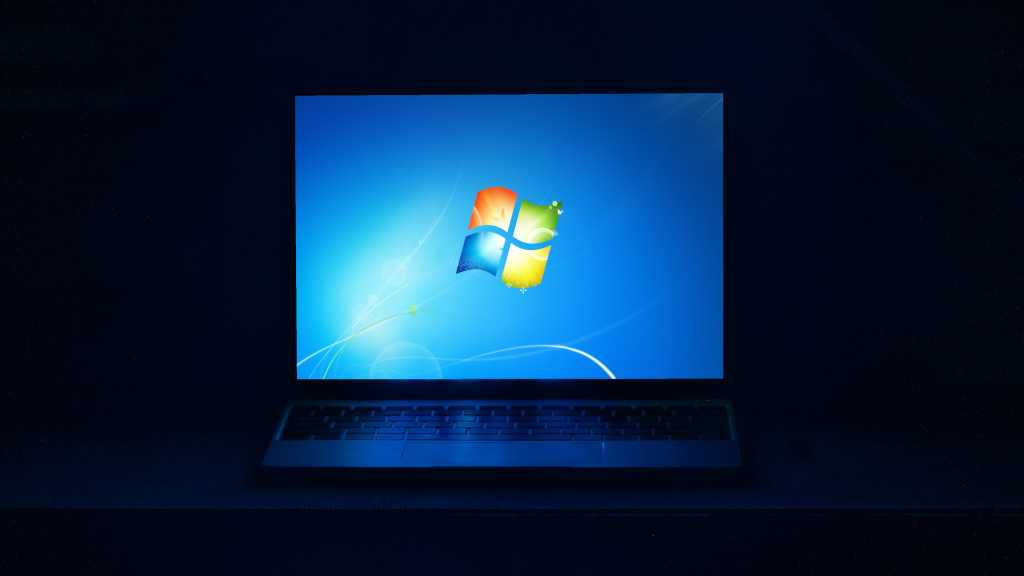As the article notes, the increase seems to be driven mainly by users in Asia, where recycling and reusing older hardware is quite common. I wonder if third-party companies are offering extended security patches there, which could make affordable second-hand Windows 7 machines more appealing for people who just need them for browsing or light tasks. It would certainly make sense given recent fiascos and Microsoft’s current stance on AI, especially with generative AI being used to develop system-level code.



Just today at work other team wrote a bunch of ready-made images on their SBCs. In about 10% of them snap shat the bed by corrupting one json file which rendered their environment unusable. They did it in a pretty stupid way by writing an sd card, inserting it into SBC, booting up and disconnecting power after very short visual confirmation that system gave some signs of life. And snap was doing whatever it’s doing in the background. So I had the pleasure of removing said json-file and reinstalling all their crap manually on those failed units.
So, maybe not strictly speaking fault of snapd, but yet another problem it caused for me without any practical reason other than the environment they chose just uses snap instead of something more robust.
Raspberry pi’s didn’t even have power buttons until this latest version. I fully expect to be able to unplug an SBC at any point with very low chances of corruption. It’s not like they’re designed for that, but they don’t really give you much choice. Having 10% fail like that is ridiculous.
In fact, I’ve done it hundreds of times and never had an issue.